I wrote an entire blog post all about this very question, and I recommend you check it out (or the official documentation) for a more complete answer.
But if you want the quick(-ish) summary, here it is:
Better querying and more structured data -- While the Realtime Database is just a giant JSON tree, Cloud Firestore is a little more structured. All your data consists of documents (which are basically key-value stores) and collections (which are collections of documents). Documents will also frequently point to subcollections, which contain other documents, which themselves can contain other documents, and so on.
This structured data helps you out in two ways. First, all queries are shallow, meaning that you can request a document without grabbing all the data underneath. This means you can keep your data stored hierarchically in a way that makes more sense to you without having to worry about keeping your database shallow. Second, you have more powerful queries. For instance, you can now query across multiple fields without having to create those "combo" fields that combine (and denormalize) data from other parts of your database. In some cases, Cloud Firestore will just run those queries directly, and in other cases, it will automatically create and maintain indexes for you.
Designed to Scale -- Cloud Firestore will be able to scale better than the Realtime Database. It's important to note that your queries scale to the size of your result set, not your data set. So searching will remain fast no matter how large your data set might become.
Easier manual fetching of data -- Like the Realtime Database, you can set up listeners in Cloud Firestore to stream in changes in real-time. But if you don't want that kind of behavior, and just want a simple "fetch my data" call, Cloud Firestore has that as well, and it's built in as a primary use case. (They're much better than the once calls in Realtime Database-land)
Multi region support -- This basically means more reliability, as your data is shared across multiple data centers at once. But you still have strong consistency, meaning you can always make a query and be assured that you're getting the latest version of your data.
Different pricing model -- While the Realtime Database primarily charges based on storage or network bandwidth, Cloud Firestore primarily charges based on the number of operations you perform. Will this be better, or worse? It depends on your app.
For powering a news app, turn-based multiplayer game, or something like your own version of Stack Overflow, Cloud Firestore will probably look pretty favorable from a pricing standpoint. For something like a real-time group drawing app where you're sending across multiple updates a second to multiple people, it probably will be more expensive than the Realtime Database.
Why you still might want the to use the Realtime Database -- It comes down to a few reasons.
That whole "it'll probably be cheaper for apps that make lots of frequent updates" thing I mentioned previously,
It's been around for a long time and has been battle tested by thousands of apps,
It's got better latency and when you need something with reliably low latency for a real-timey feel, the Realtime Database might work better.
For most new apps, we recommend you check out Cloud Firestore. But if you have an app that's already on the Realtime Database, I don't really recommend switching just for the sake of switching, unless you have a compelling reason to do so.
